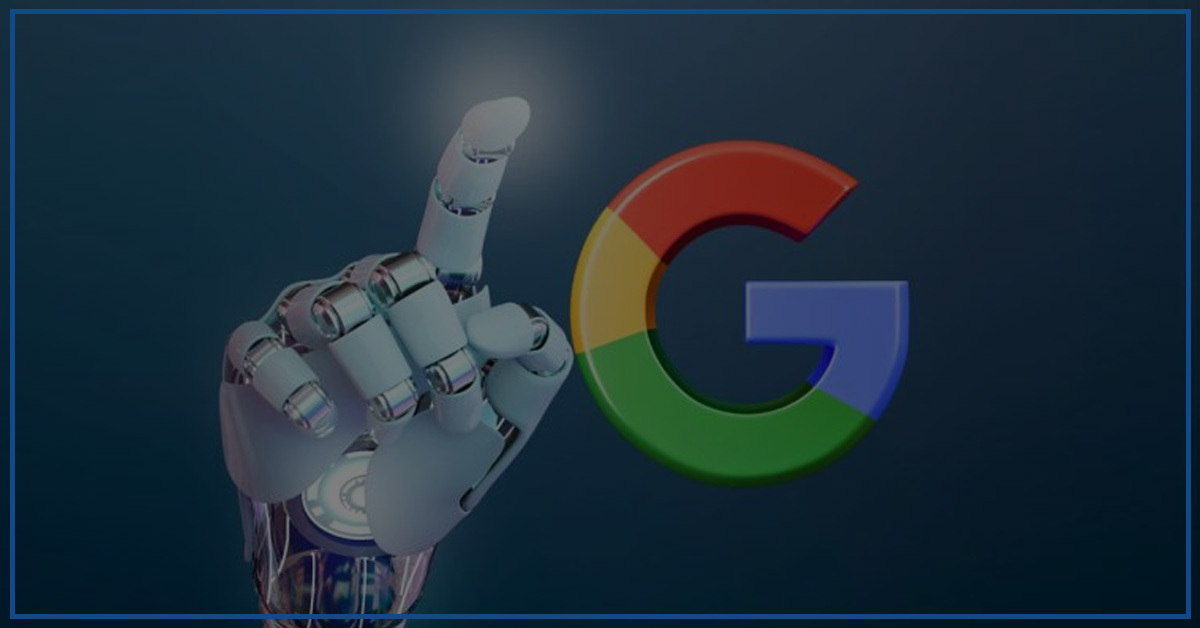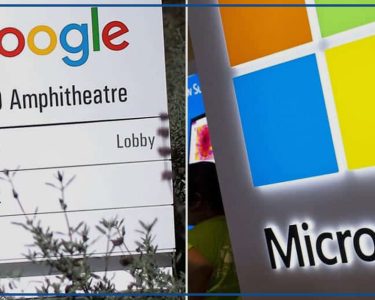In 2022, with the widespread launch of ChatGPT, a remarkable AI-powered chatbot developed by OpenAI, internal sources revealed that Google experienced a heightened sense of concern, akin to a state of “code red.” The rapid and accurate responses provided by ChatGPT raised significant questions within the company about the potential impact on its core search business.
In response to this new landscape, Google embarked on a series of strategic maneuvers to underscore its commitment to advancing artificial intelligence. This commitment manifested in the creation and introduction of its very own AI-infused chatbot named Bard, earlier this year. This move was accompanied by a deliberate integration of machine learning capabilities across its diverse range of products and services.
However, emerging insights suggest that the upcoming fall season will witness the launch of Google’s most expansive AI-centric product yet, designed to surpass both ChatGPT and Google’s own Bard chatbot. Spearheaded by leaders from Google Brain and DeepMind, two distinguished pioneers in the field of AI research, this ambitious endeavor seeks to redefine the boundaries of AI capabilities.
Google’s latest offering, BARD, an AI-powered chatbot, has entered the market to compete with industry giants like OpenAI and Microsoft. BARD’s mission is not only to provide prompt responses but also to elevate productivity, creativity, and curiosity. Importantly, it aims to address issues related to biases and misinformation, a significant concern in the AI landscape.

At its initial launch, access to BARD is limited to users in the United States and the United Kingdom. However, Google has plans to expand its availability to more countries and languages in the near future.
According to insider information, Google’s focus for this project lies in the convergence of its wide-ranging language models (LLMs) and AI’s image generation capabilities. While ChatGPT predominantly generates text, the Gemini project, as it’s known, aims to introduce contextual image creation. This innovative endeavor essentially combines the functionalities of ChatGPT and DALL-E, an AI model designed for image generation.
It’s worth noting that Google is exploring the incorporation of additional features into the Gemini project. This may include tasks like analyzing complex flowcharts or even managing software controls through voice commands.
Gemini, like other machine learning models, undertakes a meticulous analysis of both text passages and images to discern patterns and provide tailored responses to specific queries. The source of Gemini’s training data has been unveiled as YouTube video transcripts harnessed by Google. However, the company is diligent about ensuring that this training data does not infringe on copyrighted content, with its legal team maintaining vigilant oversight.
Given the extensive capabilities of Gemini, it is foreseeable that Google will leverage this technology to enhance a variety of its products and services. This includes potential integration with enterprise applications like Google Docs, thereby empowering users across various domains. Developers interested in utilizing Gemini will likely need to access it through the Google Cloud server rental platform, which may involve associated costs.





